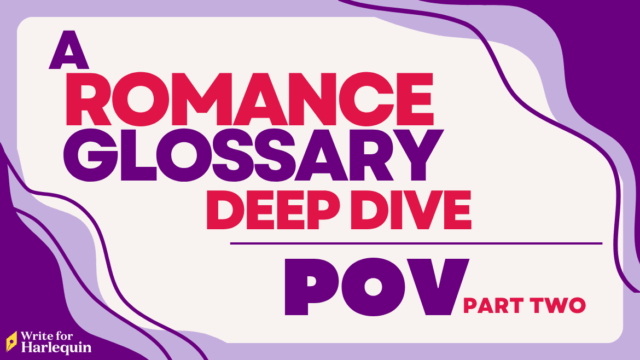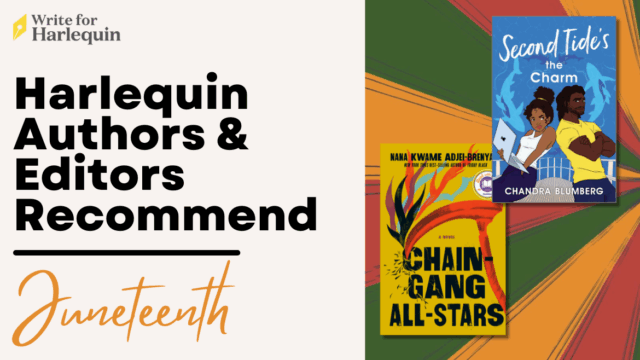This was sent in for Escape, our Australian digital publication! Thanks, Amanda Knight who is @AKnightWriter on Twitter…
He didn’t spit out the sandy dirt caking his teeth or lift his head from its half buried state. He didn’t fixate on the fact that he couldn’t feel his left leg, or that the searing heat in his lower back had him wondering if he was leaning on the side wall of Hades. Dragging his newly conscious senses to order, Captain Nate Calloway drove his mind to block out everything other than the question flashing neon in his temporal lobe:
Where the hell is my dog?
With sweat pouring into his eyes, he tried to ignore the pain, and focus on listening. The dull whistle of sand whipping in the wind and a muffled explosion in the distance ignited his reflexes. He grabbed for his weapon. A fresh spear of agony flooded his body, sucking the breath from his lungs, sending his barely conscious thoughts kicking and screaming back into shut down.
***
Doctor Beth Harper slid her fingers beneath the soldier’s lifeless hand and squeezed. Watching his eyelids for any flickering, she shifted her gaze and efficiently scanned the length of his body, searching for an indication he’d registered her touch.
‘There’s still no response to stimulation.’ Beth regarded the dayshift nurse charting her findings. ‘We’ll give it another twenty-four hours before starting the necessary consultations.’ But I’ll be damned if we give up on my watch. Beth kept her final thought to herself, as the nurse moved into the next room.
Beth’s determination to save every person she treated in the makeshift clinic was a given, but something about their yet-to-be-identified solider, and the knowledge that she only had two weeks left of her tour, tugged a little harder at her resolve.
He’d arrived with scarcely any of his uniform intact and his identification missing. The levels of artillery and combat activity over the past forty-eight hours had been considerable, so quick identification of his platoon would prove difficult. Trailing her fingertips across his vast palm, down his long fingers and encircling his perfect nails, it was clear that this was the hand of a man who wasn’t afraid of hard work, a man who was meticulous and capable. She became acutely aware of her heart pounding against her ribcage. Snatching her hand from his, with heat flushing her cheeks, she silently chastised herself.
What on earth are you doing?
Inhaling a shaky breath, she struggled to calm her rioting senses. She hadn’t experienced anything other than work-infused adrenaline since… since… the truth she’d been avoiding for three years tumbled into her consciousness.
She hadn’t felt anything in the longest time.
Clumsily gathering up her equipment, Beth shook her head. Obviously the latest round of sleep deprivation had caught up with her… she was a Captain for goodness sake – Hard-
Heart Harper didn’t behave like this.
With the name she’d heard whispered by several of her unit flashing through her chaotic thoughts, Beth dropped her notes, gave into her fatigue and collapsed into the bedside chair.
First Page Feedback from Mary-Theresa Hussey
There is some great imagery here in the opening. Immediately we root for the injured hero and are curious about what happened.
I admit though, when I saw the “flashing neon in his temporal lobe:” I began to wonder if this is a science fiction or futuristic story. And the asking about the dog seemed a real non sequitur so I was left even more confused about what I was supposed to take from it.
Then we switch to Beth’s POV and she comes through as caring, compassionate and very determined. All great traits for a heroine! “Hard-Heart Harper” though, seems to contrast with her caring attitude. But maybe there were other instances where she needed to take a firmer line.
I’m not sure of setting–could be any country or location or war. So perhaps something grounding us a bit more would be useful? And from a grammar POV, don’t think “captain” is capitalized without it being direct address. A lot of military branches and terms are lowercased when we might instinctively cap them.
Overall I think it is effective, but it would be stronger if I wasn’t left puzzled by a few things–and gotten a sense of where/when they were.
But a good start!
Thanks, Amanda, for an intriguing start!




